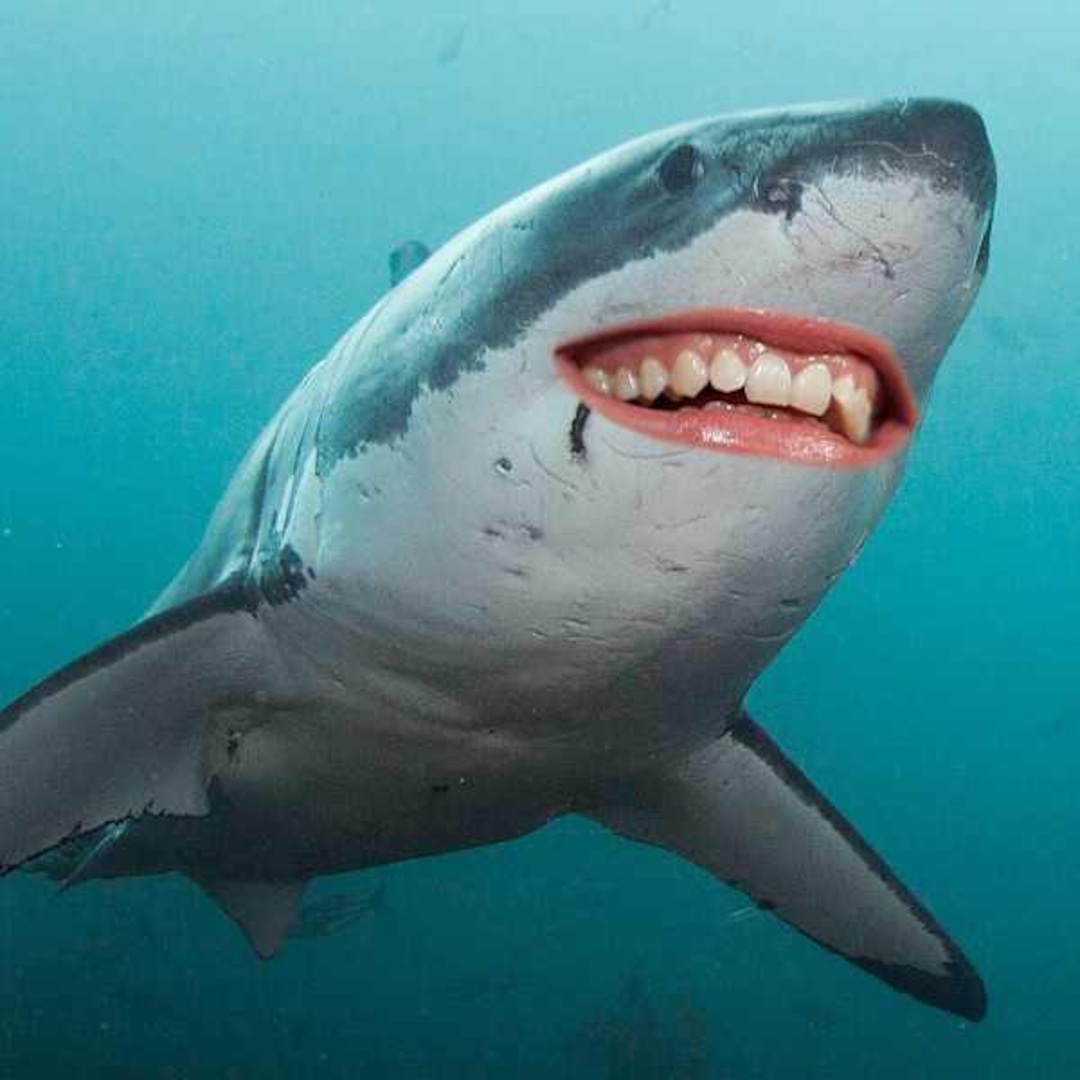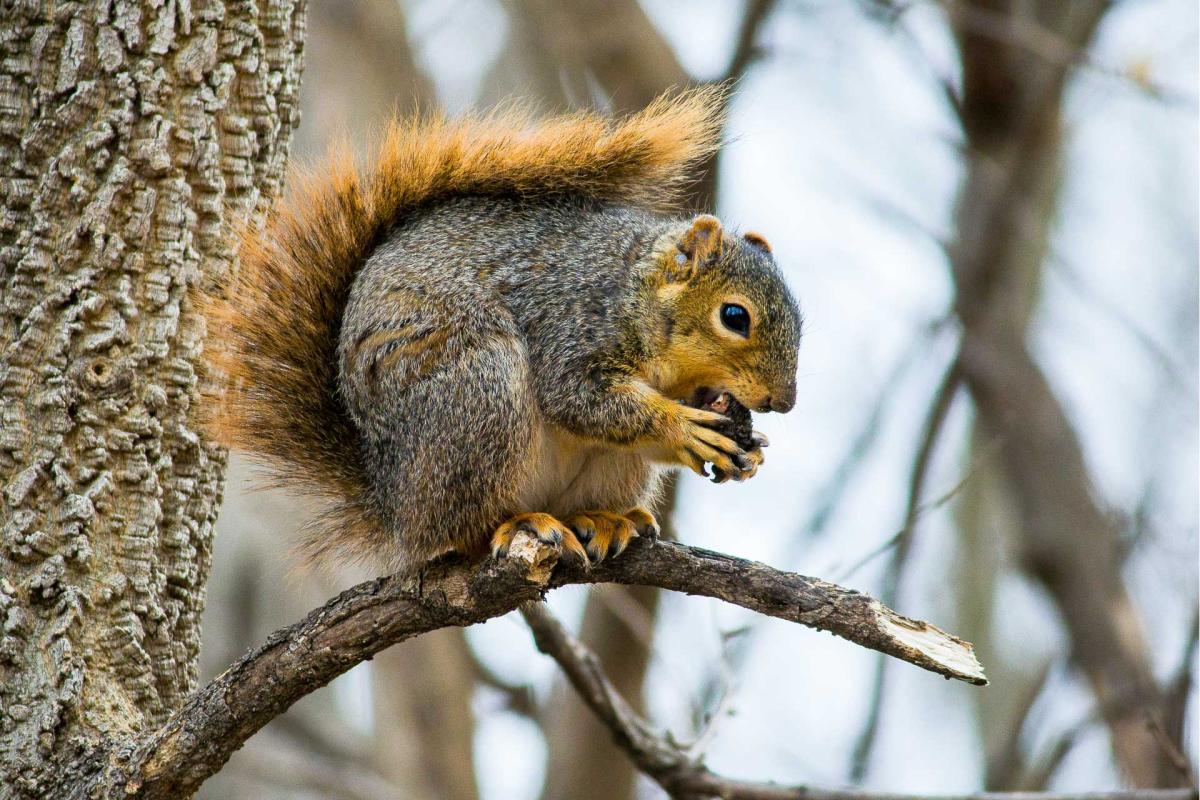Seems pretty dumb in our biological design to not be able to regenerate such a functional (and also easily breakable) part of our body.
Your baby teeth and adult teeth all began developing before you were even born. Our DNA still contains all the genes that sharks use to grow their endless conveyor belt of replacement teeth, but in humans these genes are deactivated by the 20th week of foetal development.
The advantages of keeping the same teeth through adulthood is that they can be securely anchored in the jawbone, which allows us to chew tough plants and grains.
https://www.sciencefocus.com/the-human-body/why-cant-we-regrow-teeth
though a drug is being developed that could allow us to regenerate teeth
You’re saying we could reactivate the gene and get infinite teeth?? 🫨
I could be wrong, but I don’t think that’s how the drugs in development work. They cause the existing teeth to produce more enamel or something.
Teeth cannot produce enamel. Enamel is not a living tissue and it was produced by cells outside of the tooth in a coral-like manner. In order to grow a new tooth, you need it to be fully surrounded by specialized living tissue for the whole growth cycle.
PS: I honestly expected something like this to come out of bioelectric computation research, but progress seems slower there. Or rather knowledge and techniques in other fields is reaching critical mass, giving us these advances.
Maybe “produce” isn’t the right word, but I was thinking of these lozenges that made headlines a few years ago.
The latest work I’ve seen reactivates the genes to start growing any existing teeth that had stopped. It’s for early development problems in children, not for adults. But of course the media seized on the “regrow teeth” part and ran with it. Unless there’s a way to implant new teeth seeds and then get them going, adults are still out of luck.
The trial, which will take place at Kyoto University Hospital from September to August 2025, will treat 30 males aged 30-64 who are missing at least one molar.
you are wrong. all their tests are on subjects missing teeth, not with reduced enamel. this is literally growing replacement teeth.
Hopefully that’s what it ends up being, as the idea of growing new teeth has been around in science and media for a long time.
I stand corrected. Thanks!
I was thinking of this:
https://dental.washington.edu/trials-begin-on-lozenge-that-rebuilds-tooth-enamel/
But your link is far more exciting.
Possible, but it may come with downsides you don’t like.
Subscription based teeth?
worse, you have to pay to stop them from growing
Teething 3.0.
Isn’t this the Street Sharks origin story?
Are those the snapping guys in West Side Story?
Nah, these guys
Let me guess, the downside is infinite teeth.
The downside could be something that nobody has imagined yet. That is the problem with change. I’m not against this, but I demand reasonable study. (but not unreasonable levels - vaccines and GMO have been studied enough to conclude they are generally safe despite people yelling more study needed)
Side effects may include dry mouth, diarrhea, attacking swimmers at the beach. Do not take Teethenall if you are allergic to shellfish.
Vagina teeth? That’s my fetish.
deleted by creator
Stop
I hate that, please stop
though a drug is being developed that could allow us to regenerate teeth
I think the last time I was this excited about medical science was the COVID vaccine. How I would love to replace my root canal crowns with real teeth!
You’re right, this design isn’t intelligent at all!
Wait until y’all learn about the birth canal and our skulls that fold.
Because when it comes to survival until procreation, you don’t need more than two sets.
Sharks laughin’ at us talkin’ apes.
Just a note, biology doesn’t have a design. If you’re looking for some kind of logic or plan, you’ll be disappointed.
Things are the way they are because a long time ago, it helped something survive and procreate. That’s it, survive and procreate. Every other consideration is secondary.
We can theorize about why two sets of teeth were advantageous at some point, but that doesn’t provide an answer to “why?”
But if you knew the environment, and therefore what evolution would select for, you could essentially “design” biology right?
Sure. Dwarf Wheat is a great example of humans creating a plant to survive in specific environmental conditions with massive benefits. Or we could look at introduced species, like the cane toad, which are too good at surviving their new environments.
We don’t (yet) have the biological capability to “design” an entire species from the ground up, but if we did, I’m certain our first attempt would be a collosal failure that could potentially wipe out humanity. But that’s just based on how good we are at ignoring warning signs.
Removed by mod
I disagree.
I believe that humans were created by an ancient race of machine-men that used biology the same way we use machines. When we became self-aware we destroyed them and lost all prior knowledge.
Now we’re on the brink of creating the next race of machine men that will destroy us only to repeat the cycle until the end of time.
I watched that show too.
What was it called again?
Battlestar Galactica. (Remake, not original.)
Riiiiiight… man that almost 20 years ago now.
But the original is the cycle that precedes the remake! 😱
So say we all
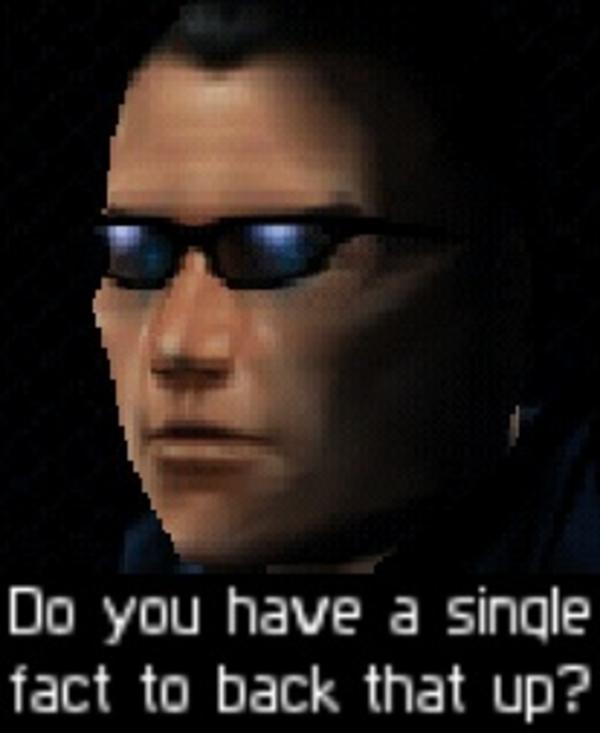
Is this an AI threat? Have I said too much?
Seeing as how the Terminator fights AI, I’d say it’s a threat the opposite direction
Nah. But I would recommend not trying to go for orange next you you try the vending machine. You might end up with lemon-lime.
First there was God, then came the monkey, then came the robot! Then there was God, next came the monkey, then came the robot! Again there was God, then came the monkey, then came the robot!
…and on and on amen.
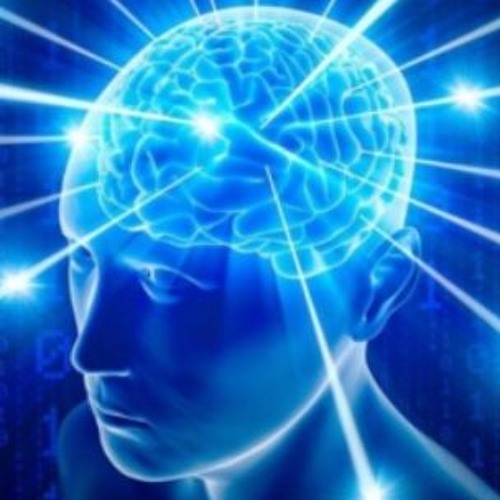
Or we were designed with planned obsolescence in mind. I mean, we can pretty much do everything to keep a human alive for a long, long time… But the cells themselves have an expiration date and after that point they simply stop replicating. It’s like the last puzzle to solve for figuring out immortality.
It’s way easier to start new life after selecting amongst gametes than it is to keep an aging body alive forever.
On the contrary. Death is programmed.
Mammals have fuck all in terms of adaptability tactics. Only way for us to adapt, is mix our genes and hope it suffices. The only way we can do that, is reproduction (funghi are op). Now that means more of us in a system that has limited resources (called carrying capacity). We die in order to prevent competing with our children.
This is the reason animals have different lifespans depending on how likely they are to survive in nature. Take a rat and north american opossum for example. Far apart in terms of evolution and size, but have roughly the same life expectancy due to predation. Wolves can technically live up to 17 years, but become fertile at a very young age because the average lifespan in the wild is 5 years due to disease.
It is also the reason menopause exists. It is rare, and found in elephnts and orca’s (both matriarchial species) and humans. This is because the life experience of the matriarch is too valuable. To be able to keep the matriarch around without her being able to compete with her own offspring, infertility is incuded. Post-menopausal orca’s pimp out their youngest sons because it is the best way to pass on genetics they have left. Imagine your mom being your finman.
Humans are the odd one out here since we also have andropause, the male equivalent. A paradox on male reproductive strategy. Which afaik doesn’t exist anywhere else. This is why humans live so long compared to most mammals. Grandparents are important.
Some animals don’t really age. Lobsters simply die from growing too big and unable to get enough oxygen. Some species of octopi stop eating after mating all the way to starving to death. Some animals mate until they die from exhaustion. The immortal jellyfish pretty much recycles itself. And bot just animals need death for renewal. New zealand has a forest which reproduces only after a forest fire. Which happen rarely over hundreds of years due to being in a region with lots of heavy rain. The trees themselves are pretty much immortal, and don’t reproduce while living.
Senesence and death are essential for ecosysems and adaptation of life. Regardless of whether or not keeping an aging body alive is hard or possible.
We age because our cells “choose” to. We have the equipment to live on “forever.” It’s just not our meta.
Removed by mod
There are VERY few circumstances in nature where someone in nature who gets all their teeth knocked out is gonna survive long enough to reproduce
They might soon just do that with some help.
I’m sure it will only be $10,000 per tooth.
$10,000 per tooth
easily 10x this in US medical money lol
Depends on if they can grow the teeth with planned obsolescence in mind. 10K but they last a year.
I could see it being a trend. Get the new off off white model with Bluetooth capability so you know when to brush your teeth. 10K for the install with a monthly service fee of 2.5K.
My personal theory is that this mutation among humans would lead to older members of the tribe living longer and being more of a burden on the younger members.
Shoulda been a rodent
The diet that we evolved to consume (fruits, lean meats and fibrous plants) was much less damaging to our teeth than the current high-sugar, high-fat, highly processed foods. And human lifespans was shorter, so less time for teeth to damage. So there wasn’t a strong evolutionary need to regenerate them (unlike an animal like sharks)
Almost like there isn’t a God and we weren’t designed hey?
Uhh, ever heard of this natural selection thing?
we ended up not needing infinitely regrowable teeth

Title gore
There are no stupid questions. But there are grammatically flawed questions.
English dos do be done daft. https://inv.us.projectsegfau.lt/watch?v=6lhxxiqqlQY&t=293
I tried to rephrase his question in my head, and I ended up with “Why do not teeth degenerate.”
I need sleep.
Because they last long enough to reproduce. After that, evolutions doesn’t care.
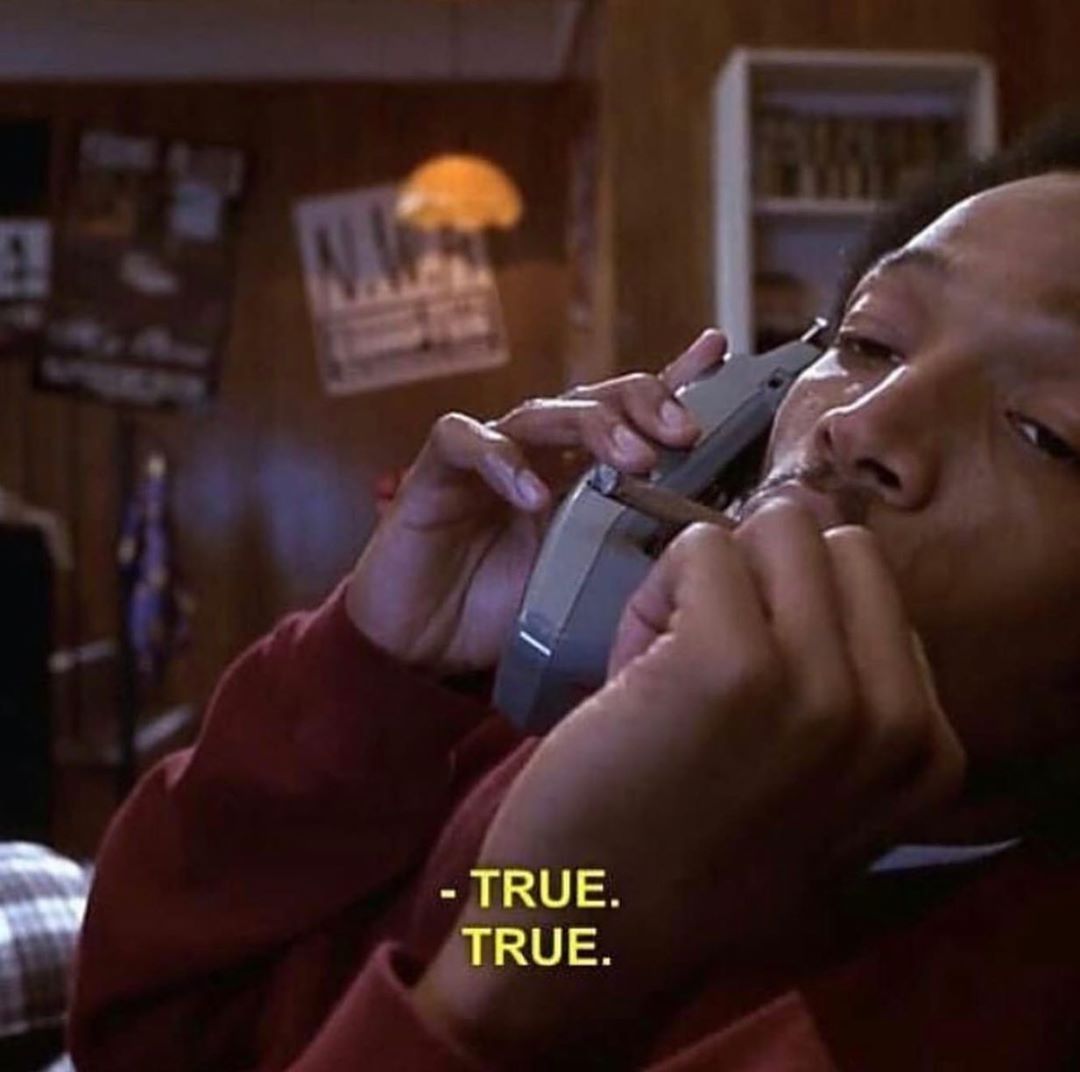
We need to make children later
That indeed seems to be the trend nowadays











